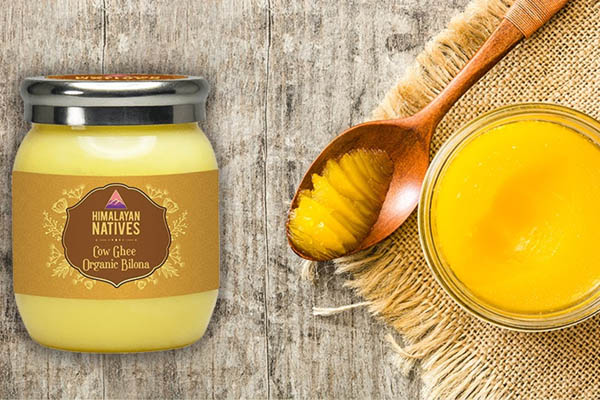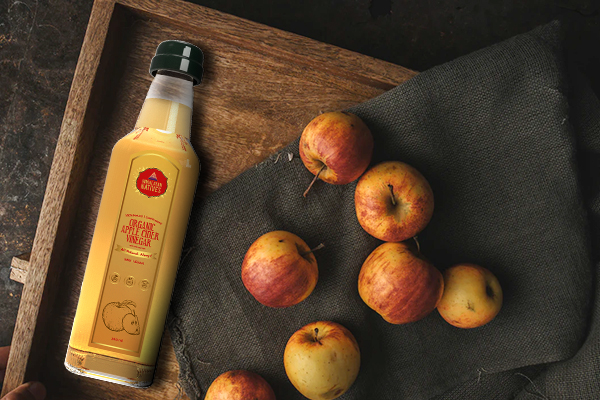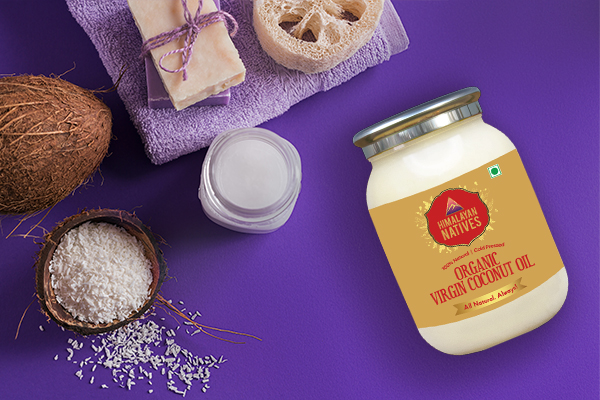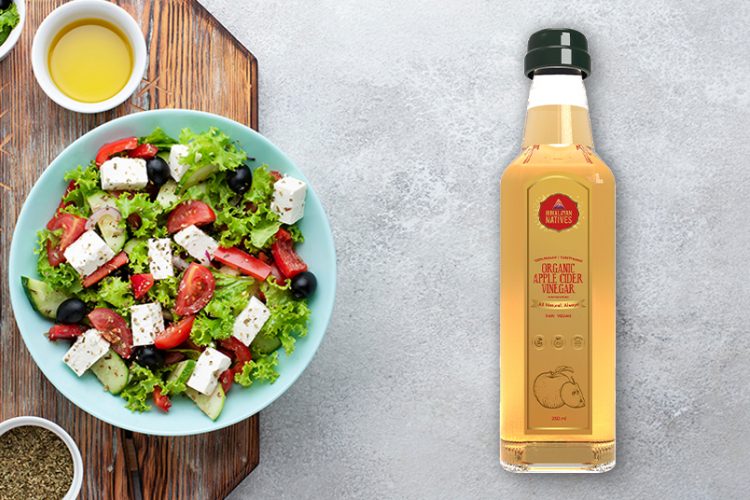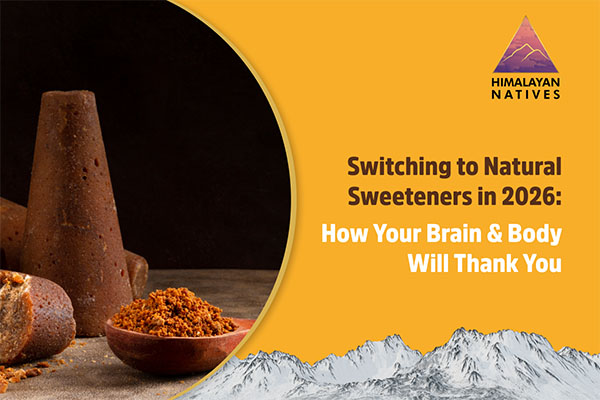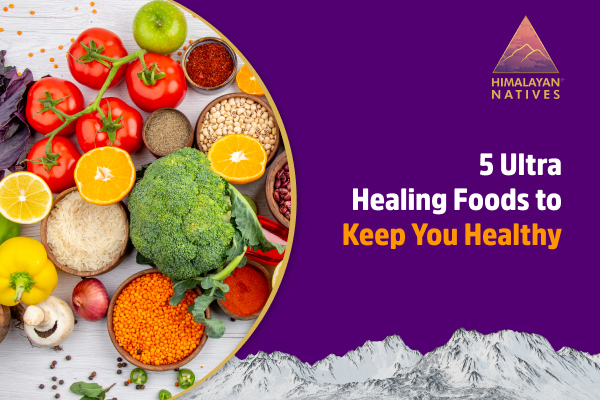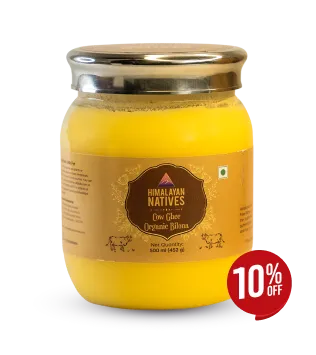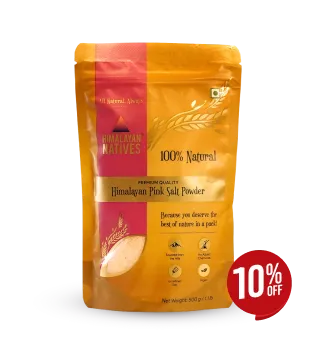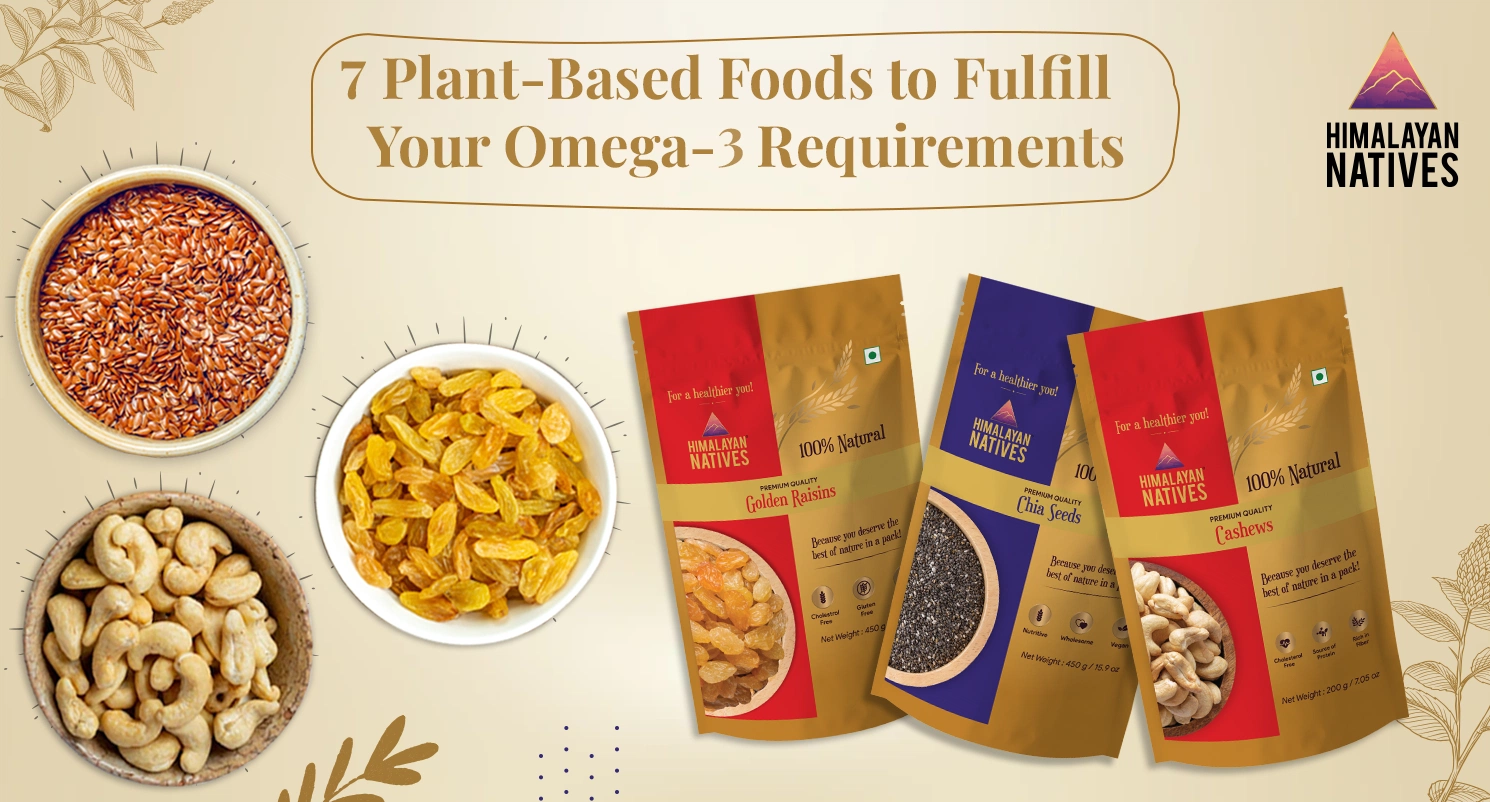
Important lipids with several health advantages include omega-3 fatty acids. Omega 3 benefits the body as it may lessen triglycerides in the blood, inflammation, and even the chance of dementia. Omega-3 fatty acids are most commonly found in fish oil and fatty fish like salmon, trout, and tuna.
This can make it difficult for people who are vegans, vegetarians, to acquire their recommended daily intake of omega-3 fatty acids. There are 3 kinds of omega 3 that can be sourced from natural food products:
ALA ( plant based)
DHA
EPA
Adults should consume 250 mg of long-chain Omega 3 (EPA and DHA) per day, according to the Food and Agriculture Organization of the United Nations (FAO) and the European Food Safety Authority (EFSA). The average daily ALA intake from foods for children and teenagers aged 2 to 19 is 1.32 g for females and 1.55 g for males.
A body can only process a specific amount of ALA. It's crucial to consume foods high in omega-3 with a lot of ALA-rich foods to meet your omega-3 requirements, especially if you don't take fish oil supplements or acquire your EPA and DHA from food sources.
Don't eat fish? No problem! We've identified the best plant-based sources of omega-3 fatty acids to include in your diet. Vegetarian sources of omega 3 include a variety of seeds, nuts, fruits, and vegetables. Getting enough Omega-3 in your vegetarian diet is simple and doable. We’ve found versatile omega 3 rich foods can make your everyday foods both tasty and healthy!
We at Himalayan Natives have put together 7 great sources of Omega 3 fatty acids you can include in your diet:
Chia Seeds
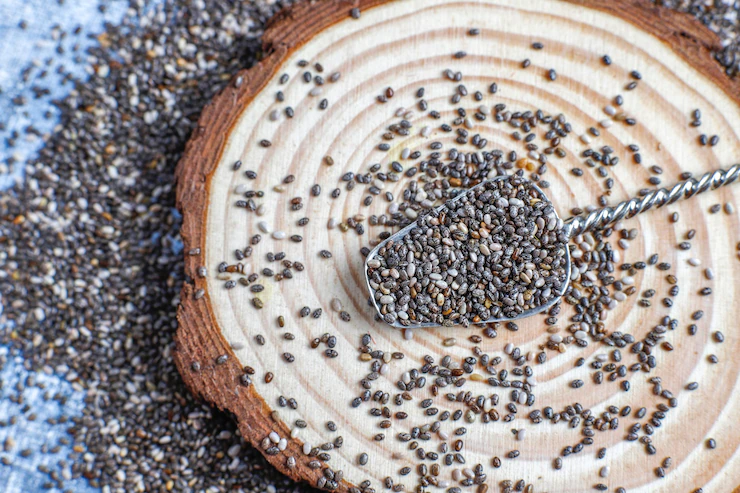
In addition to their numerous health advantages and substantial amounts of protein and fiber per serving, Chia Seeds are a fantastic source of Omega 3. Adults over the age of 19 are currently advised to consume 1,100 mg of ALA for women and 1,600 mg for men per day. One ounce (28 grams) of chia seeds provide a whopping 5,000 mg of omega-3 fatty acids, more than twice the daily recommended amount. Making a healthy chia pudding or adding chia seeds to smoothies, salads, or yogurt can increase your consumption of chia seeds.
Eggs can be replaced with ground chia seeds if you're vegan. To replace one egg in recipes, mix 1 tablespoon (7 grams) with 3 tablespoons of water.
Flax Seeds
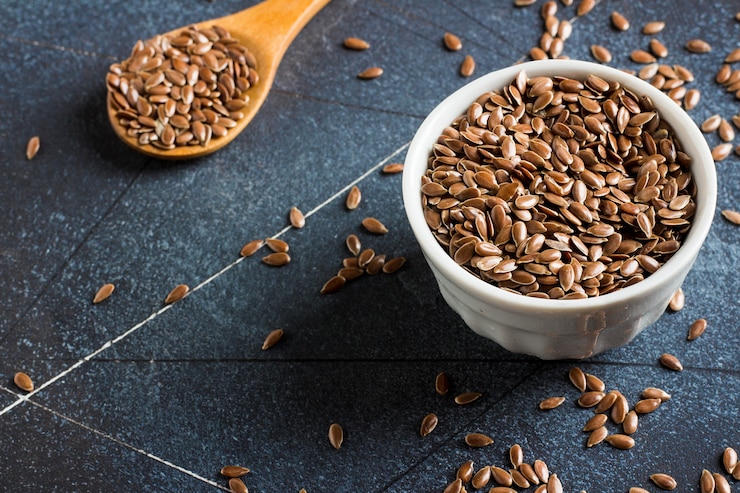
Along with being an Omega 3 rich food each serving of flaxseed has a healthy amount of fiber, protein, magnesium, and manganese.
Flax seeds are a great source of omega-3 fatty acids, that help lower cholesterol, and are heart-healthy. According to a study, flaxseed may considerably lower blood pressure, especially in those who already have high blood pressure. 2,350 mg of ALA omega-3 fatty acids can be found in one tablespoon (10 grams) of whole flaxseed, which is more than the daily required intake. Flaxseed may be a main ingredient in vegan baking and is simple to add into your diet.
Roasted Flax Seeds also make an ideal addition to cereal, oatmeal, soups, or salads due to its mild yet somewhat nutty flavor.
Cashew Nuts
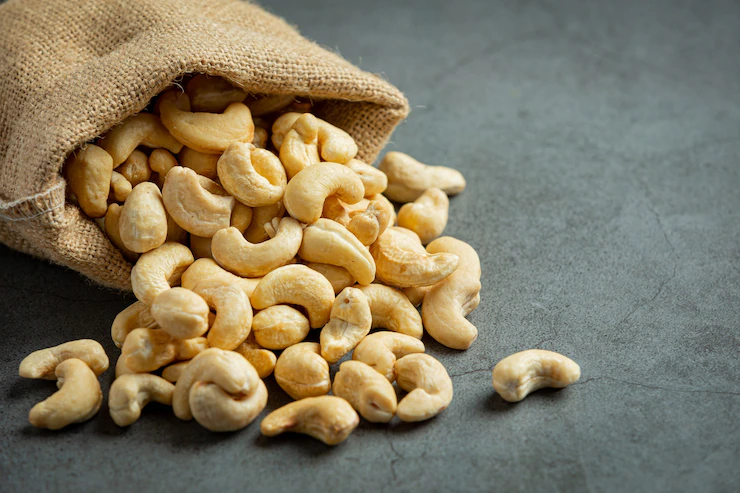
In addition to being a tasty snack, Cashews are one of the best foods for omega 3. Cashews are also a fantastic source of protein, magnesium, and monounsaturated fats. Omega-3 fatty acids included in cashews make them a heart-healthy supplement to the diet. For flavor, good fats, antioxidants, and heart-healthy Omega-3 fatty acids, include cashews in your diet.
Want to know how much omega-3 should be consumed per day? To get a healthy amount of omega acids from your natural food products they need to have an Omega-6 to Omega-3 ratio should be under 10, according to the World Health Organization. Cashews are a smart choice to lower the overall ratio of Omega-6 to Omega-3 fatty acids in the diet because they have a 0.11 Omega-6 to Omega-3 ratio.
Finding it hard to make the right choice while looking for snacks? Check out our instagram post for a little guidance!
Raisins
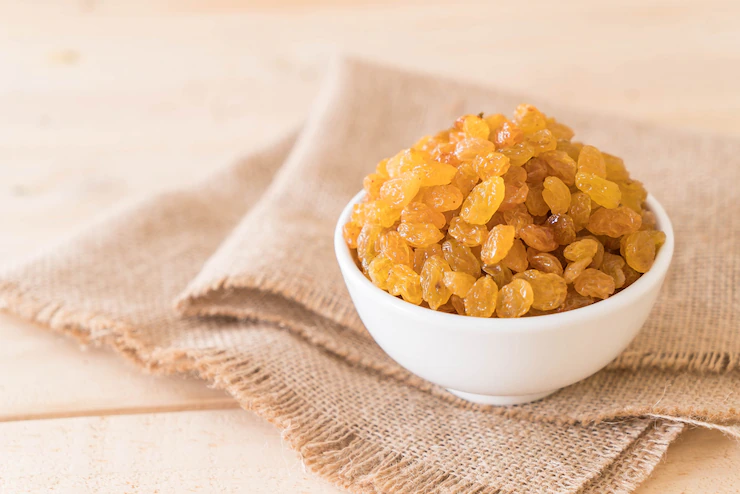
Next on our natural food list of Omega 3 rich foods is Raisins. In essence, raisins are dried grapes. The grapes are dried fully after being harvested to remove all moisture but preserve nutrients. The grapes may often be dried and transformed into raisins by simply leaving them exposed to continuous sunlight.
This nutrient-dense member of the dry fruits and nuts family, supply the necessary nutrients for healthy skin and hair follicles. Omega-3 fatty acids are well known for making hair shine. Omega-3 fatty acids total 11.6mg in 1 cup of raisins. Raisins make a delicious addition to morning oatmeal, pastries, and muffins, and you can even give them to kids as a gift!
Pistachios
Benefits of natural foods containing pistachios are that it has high fat content which is a good thing. Pistachios have a total fat content of 13 grams per serving. Only 2 grams of fat, the harmful fats linked to an increased risk of cardiovascular disease, are saturated. The remaining fats are monounsaturated and polyunsaturated, which are heart-healthy.
Included in this are omega-3 fatty acids. Omega-3 benefits your health as it helps higher levels of "good" cholesterol and lower levels of "bad" cholesterol. Alpha-linoleic acid (ALA), an advantageous form of omega-3 fatty acid that can also be converted to DHA and EPA, the other two forms of omega-3s that are only present in animal sources, is present in pistachios.
Pistachios can therefore give vegetarians and vegans the necessary omega-3 fatty acids they need.
Pumpkin Seeds
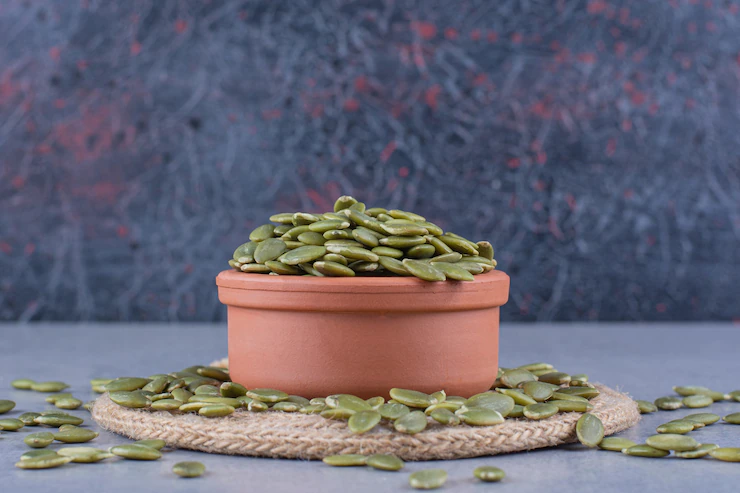
Pumpkin Seeds are ideal natural food products for vegans and vegetarians who cannot get omega-3 fatty acids from foods derived from animals since they are high in alpha-linolenic acid, a plant-based form of the fatty acid. The best supplies of omega-3 fatty acids can be found in specific species of fish. The three main functions of omega-3 fatty acids include lowering cholesterol, enhancing brain function, and enhancing arterial health. Pumpkin seeds are a great substitute for fish for folks who seek a healthy meal.
You can use delicious and natural pumpkin seeds to make brittle, cookies, pumpkin seed butter, granola, and more. Make the pesto.
Ghee: Pahadi & Organic Cow Bilona
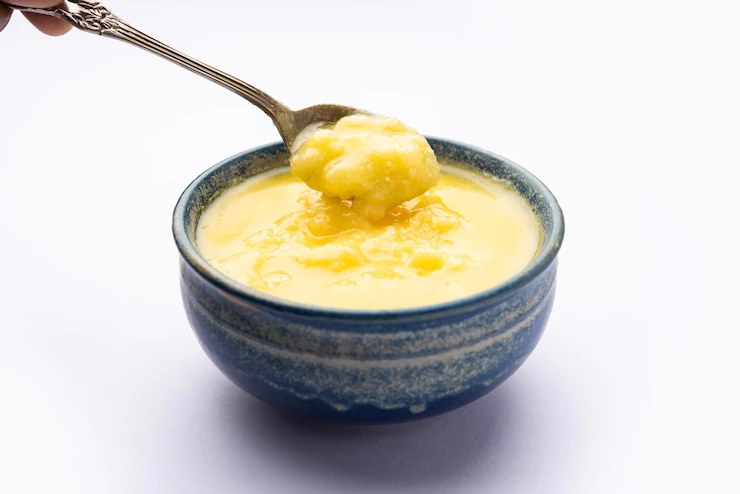
Ghee or clarified butter is common in Indian culinary traditions. It is created from butter made from cow's milk, which is heated gently until the water evaporates and the milk solids remain. If necessary, the solids are skimmed off or filtered.
Did you know that there are different types of ghee? Desi ghee is known to be the most healthy version. Desi ghee has a lot of fat, but it also has a lot of monounsaturated Omega-3 fatty acids. These good fats aid in maintaining a healthy heart and circulatory system. According to studies, including ghee in a balanced diet can help lower dangerous cholesterol levels.
Conclusion
Omega-3 fatty acids have a wide range of potential health advantages and may reduce your risk for:
A cardiovascular condition (CVD).
sudden demise brought on by an irregular heartbeat (arrhythmia).
clots of blood.
a few cancers, such as breast cancer.
dementia and Alzheimer's disease.
Macular aging and degeneration (AMD).
Now that you know the best food for omega 3 you can try including them in your everyday diet. Looking for a quick snack rich in Omega 3? Check out our yummy and healthy Trail Mix!
The above mentioned list of dry fruits and nuts can be used to create some delicious and healthy dishes and treats. You can incorporate chia seeds in your morning smoothie bowls, Pumpkin seeds in your soup for lunch and some yummy pistachio coated tofu fries with spicy ghee gravy for dinner!
You can even catch up on your omega 3 with a quick and healthy late night snack! Here are Healthy & Hassle-Free: Delicious Food To Satisfy Those Late Night Munchies.
 HELPFUL0 people found it helpful
HELPFUL0 people found it helpful
Related Blogs
Subscribe to Our Blogs
and never miss on the latest update!







